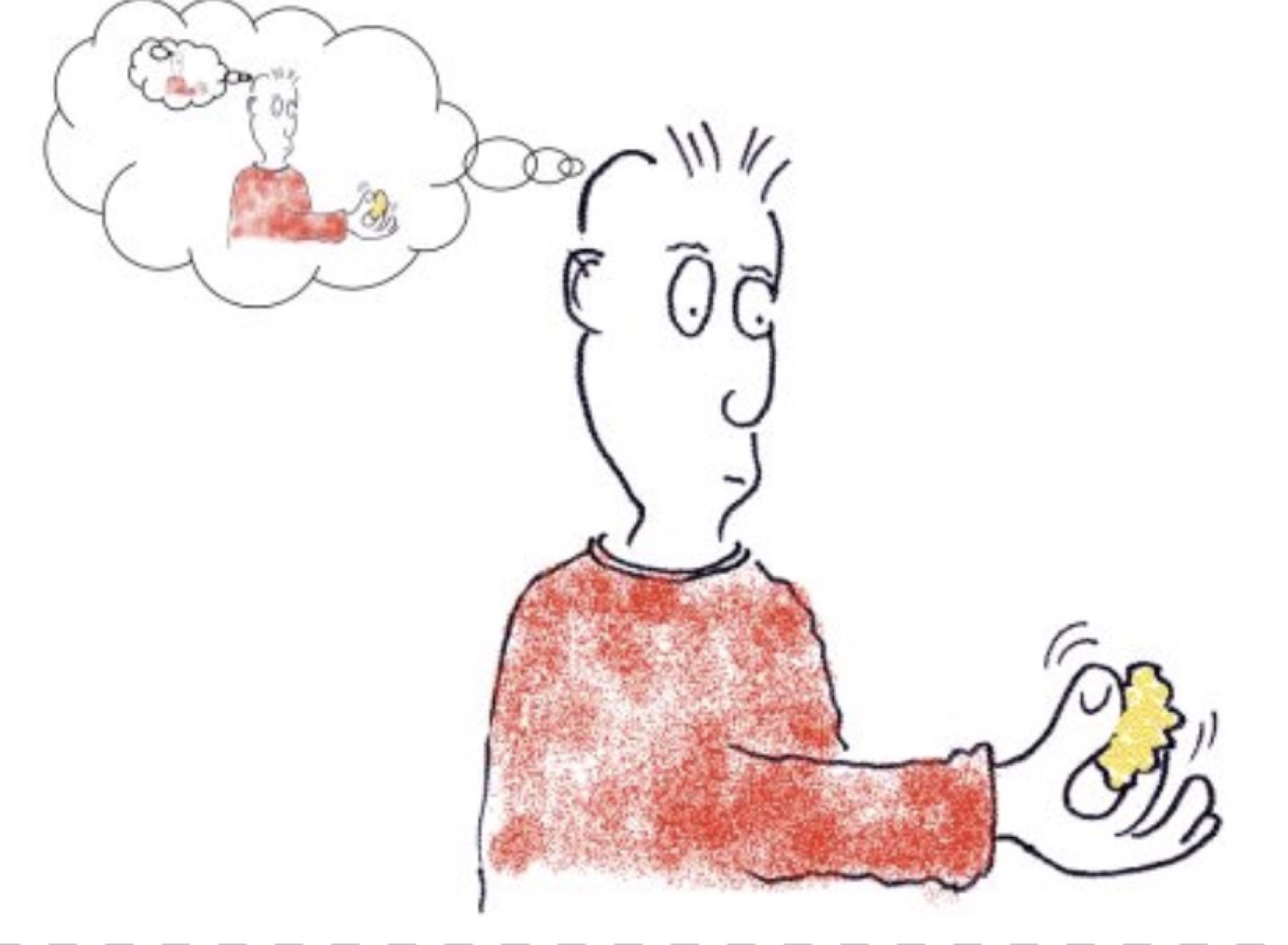
- This event has passed.
J. Kevin O’Regan (CNRS Paris), “How To Make a Machine That Is Conscious and Really Feels”
9 May, 2025 @ 2:15 pm - 3:45 pm
Despite current advances in artificial intelligence, many people remain convinced that machines are still far from being able to really experience, for example, the redness of a sunset, the pain of a pinprick, or what it’s like to be sad. This “phenomenal” or “felt” aspect of consciousness seems outside the realm of science and impossible to implement in machines. Philosophers say phenomenal consciousness is the “hard problem”. I will show that the “hard problem” dissolves if we think about experiences using a “sensorimotor” approach. Like the abandonment of the “ether hypothesis” and the “vital spirit” at the beginning of the 20th century, the sensorimotor approach requires making a metaphysical shift. Instead of thinking of experiences as “happening to us”, we should think of experiences as “things we do”. I will illustrate the idea by taking concrete examples from the study of vision and touch. With this approach it becomes potentially possible to explain everything that can be explained from a scientific point of view about what it’s like to have sensory, bodily, emotional and mental experiences. Phenomenal consciousness loses its mystery. There is no obstacle to making machines that really feel. They are coming very soon.
Bio
Kevin O’Regan is emeritus ex-director of the Laboratoire Psychologie de la Perception, CNRS, Université Paris Descartes. After working on eye movements in reading he became interested in visual stability and discovered the phenomenon of change blindness. His current work concerns the sensorimotor approach to phenomenal consciousness and its applications to child development and robotics. See http://whatfeelingislike.net and http://kevin-oregan.net/.
For those who are not in Berlin but would like to join virtually:
https://tu-berlin.zoom-x.de/j/69207754612?pwd=IKxoTdY3dQWccHpce2nA0IsNkNxPHu.1
This talk is also part of Aravind Battaje‘s course “Mind, Body, Environment: An Interactive Seminar on Embodied Intelligence,” a seminar introducing to key theories and research highlighting this shift in perspective through invited lectures from experts in the field and interactive sessions.
Photo kindly provided by the speaker.





